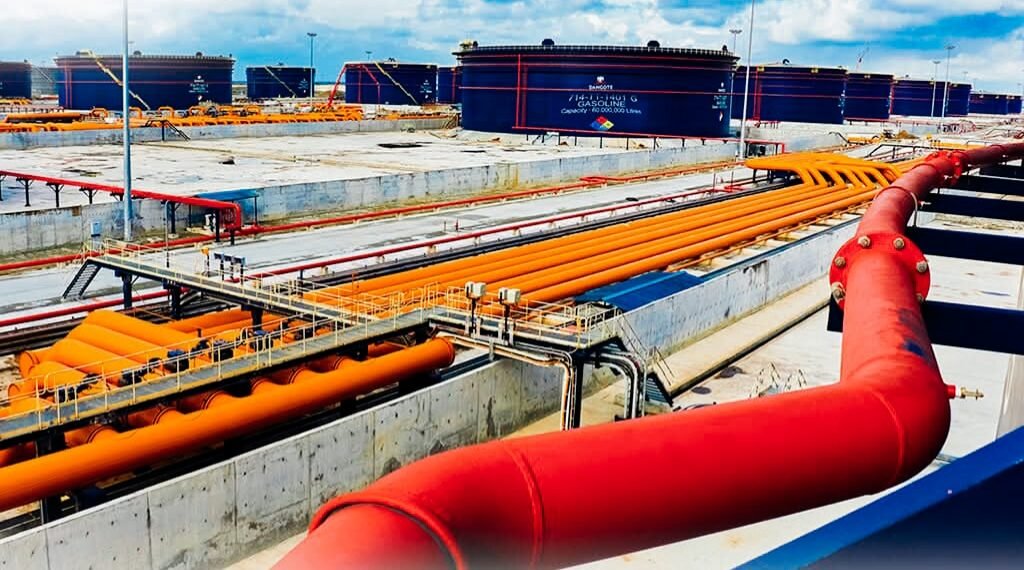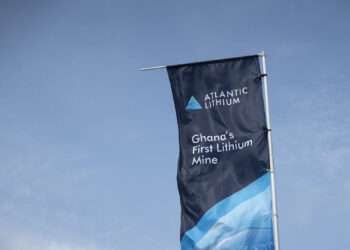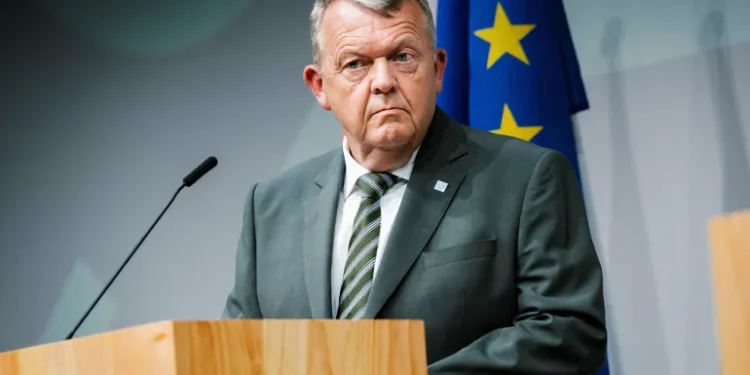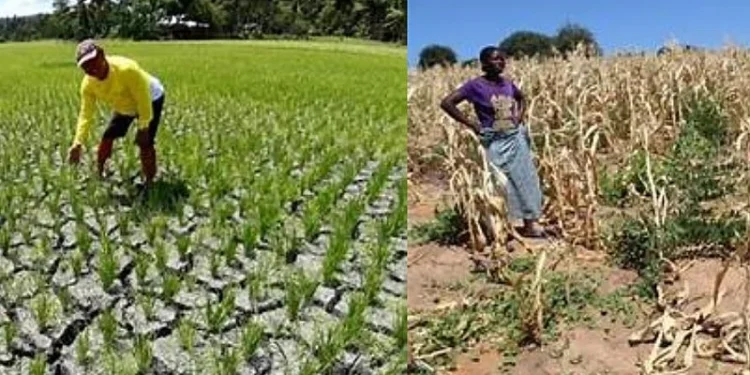Nigeria’s foremost industrialist, Aliko Dangote, has announced a bold expansion of the Dangote Petroleum Refinery, unveiling plans to more than double its current capacity from 650,000 barrels per day (bpd) to 1.4 million bpd, positioning it as the largest refinery in the world.
Speaking at a press conference in Lagos, Dangote said the expansion demonstrates his group’s long-term confidence in Nigeria’s economic outlook and Africa’s growing energy potential.
“We are more than doubling the barrels, to 1.4 million from 650,000. This will make it the largest refinery in the world, surpassing India’s Jamnagar Refinery.
“This expansion is about confidence in Nigeria, in Africa, and in our capacity to shape our own energy future.”
Aliko Dangote
The planned expansion marks another milestone for the multi-billion-dollar facility, which has already begun reshaping Nigeria’s petroleum sector since it started producing diesel, aviation fuel, and gasoline in 2024.
The refinery, located in Lekki, Lagos State, is widely regarded as one of Africa’s most ambitious industrial projects, built to end Nigeria’s dependence on imported refined fuels after decades of underperformance by state-owned refineries.
Vision to Redefine Africa’s Energy Landscape
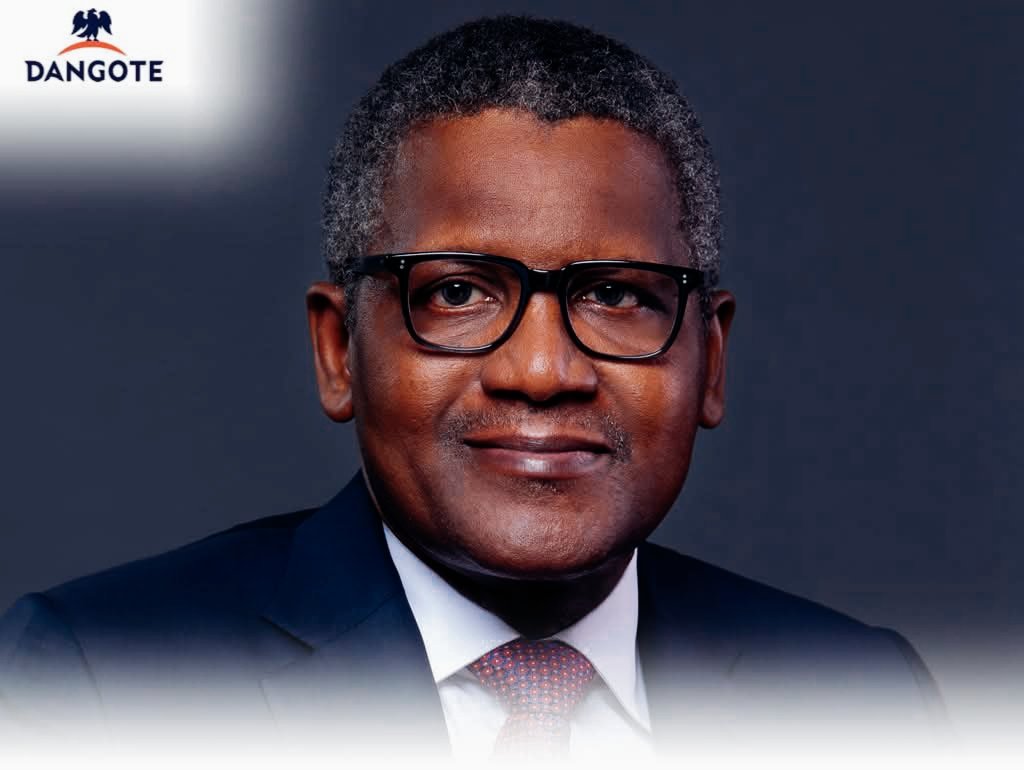
Dangote described the project as a vote of confidence in Nigeria’s future and Africa’s economic resilience, adding that the expansion would help meet rising energy demand across the continent while deepening regional self-sufficiency.
“This expansion reflects our confidence in Nigeria’s future, our belief in Africa’s potential, and our commitment to building energy independence for our continent.”
Aliko Dangote
The billionaire industrialist revealed that the refinery expansion would employ approximately 65,000 workers, most of whom would be Nigerians, emphasizing his company’s dedication to local job creation and skills development.
The new phase, he said, is expected to be completed within three years, drawing from lessons learned during the first construction phase, which took nearly a decade and cost around $20 billion.
“The first phase was a massive learning curve, especially with the Covid-19 disruptions.
“This time, we expect to complete the expansion much faster and more efficiently.”
Aliko Dangote
Financing the Expansion
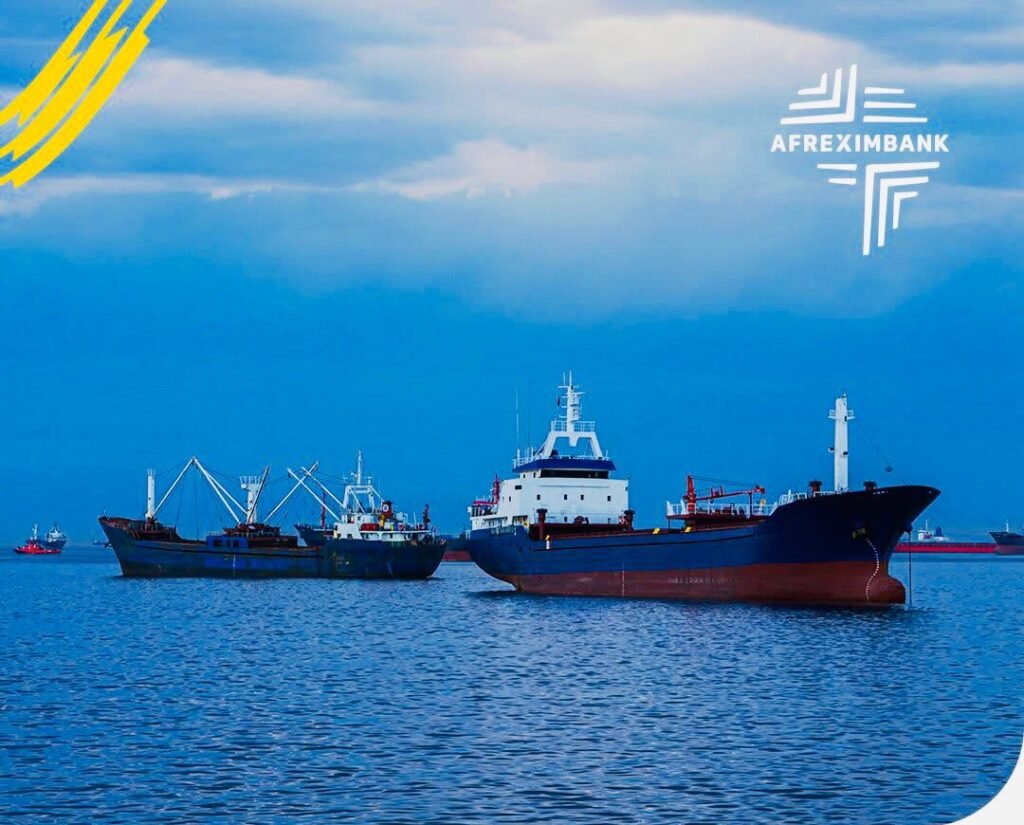
Dangote also announced plans to sell up to 10 percent of the refinery’s shares to raise capital locally, depending on market appetite.
The sale would mark a significant step toward opening up one of Africa’s largest private industrial assets to public participation.
Additionally, the Dangote Group is seeking $5 billion in financing from the African Export-Import Bank (Afreximbank) to support the project.
George Elombi, President of Afreximbank, confirmed ongoing talks with the company, noting that the bank was committed to facilitating industrial expansion and boosting Africa’s capacity to process raw materials locally.
“We have agreed to look for the money so the Dangote Group can double production, maximise certain production lines and thereby reduce the price of most of its products.
“This aligns with Afreximbank’s broader strategy to drive industrialisation and strengthen Africa’s resource-based economies.”
George Elombi, President of Afreximbank
Overcoming Challenges, Setting New Standards
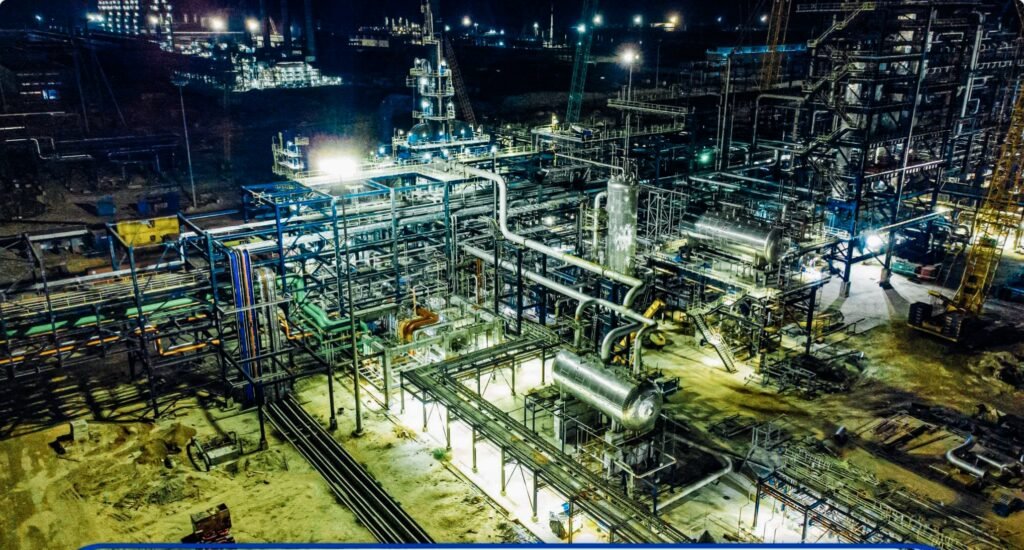
The construction of the refinery, which began in 2016, was heavily disrupted by the Covid-19 pandemic, global logistics bottlenecks, and inflation in raw material costs.
Dangote credited Afreximbank’s previous financial backing as instrumental in keeping the project afloat during those turbulent years. “Without Afreximbank, the Dangote refinery wouldn’t have been possible,” he said during an Afreximbank event in Cairo on Saturday.
The refinery’s expansion could transform not only Nigeria’s refining capacity but also Africa’s entire energy trade balance.
The upgraded facility is expected to meet domestic demand while supplying refined products to West and Central African markets, potentially reducing Africa’s annual $50 billion fuel import bill.
Dangote expressed confidence that the expansion will reinforce Nigeria’s standing as a global energy hub and a beacon for African industrialisation.
Dangote called on holders of the other 30 refinery licenses to join the mission of making Nigeria the refining hub of Africa, stating: “When Africa builds its own capacity, it builds its own destiny.”
As construction gears up for the next phase, the Dangote Refinery’s expansion signals a defining moment in Africa’s energy history, a step toward transforming the continent from a consumer of refined fuels into a producer shaping its own destiny.

